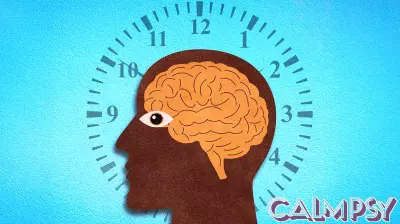Recognizing the Facade of Kindness: Seven Indicators of Insincerity
February 24, 2025 - 06:44

Growing up, many of us are taught to see the best in others, believing that everyone possesses an inherent goodness. While this perspective fosters hope and positivity, it can also lead to disillusionment when faced with individuals who may not have genuine intentions. Psychology offers insights into recognizing when someone is merely pretending to be a good person.
One key sign is inconsistency in behavior; someone may act kindly in public but display selfishness in private. Another indicator is a lack of empathy; those who are truly compassionate will show concern for others' feelings, while pretenders may only feign interest. Additionally, watch for self-serving motives behind their actions, as genuine kindness is often altruistic.
Manipulative behavior is another red flag; if someone frequently uses guilt or emotional pressure to achieve their goals, their intentions may be suspect. Lastly, consider their reactions to criticism—those who are truly good will accept feedback gracefully, while pretenders may become defensive or hostile. By being aware of these signs, we can better navigate our relationships and protect ourselves from insincerity.
MORE NEWS

February 21, 2026 - 04:49
New Theory of Learning Upends the Lessons of Pavlov’s DogA groundbreaking new theory is poised to rewrite a fundamental chapter in psychology, directly challenging the legacy of Pavlov`s famous dogs. For over a century, the principle of...

February 20, 2026 - 03:37
Psychology says people who pick up litter even when no one is watching usually display these 7 traits that are becoming increasingly rareIn a world where actions are often performed for social validation, a simple, unobserved act—picking up a stray piece of litter—can speak volumes about a person`s character. Psychologists note...

February 19, 2026 - 09:31
Psychology says the reason you feel exhausted after doing nothing all day isn't laziness — it's that unresolved decisions drain more energy than physical effort ever couldIf you`ve ever collapsed on the sofa after a seemingly lazy day, bewildered by your own fatigue, psychology points to a clear culprit: your unmade decisions. The mental load of unresolved choices�...

February 18, 2026 - 23:26
Meredith Professor Elected as President-Elect of the Society of Occupational Health PsychologyDr. Leanne E. Atwater, the program director for the Master of Arts in Industrial-Organizational Psychology program at Meredith College, has been elected as the President-Elect of the Society of...